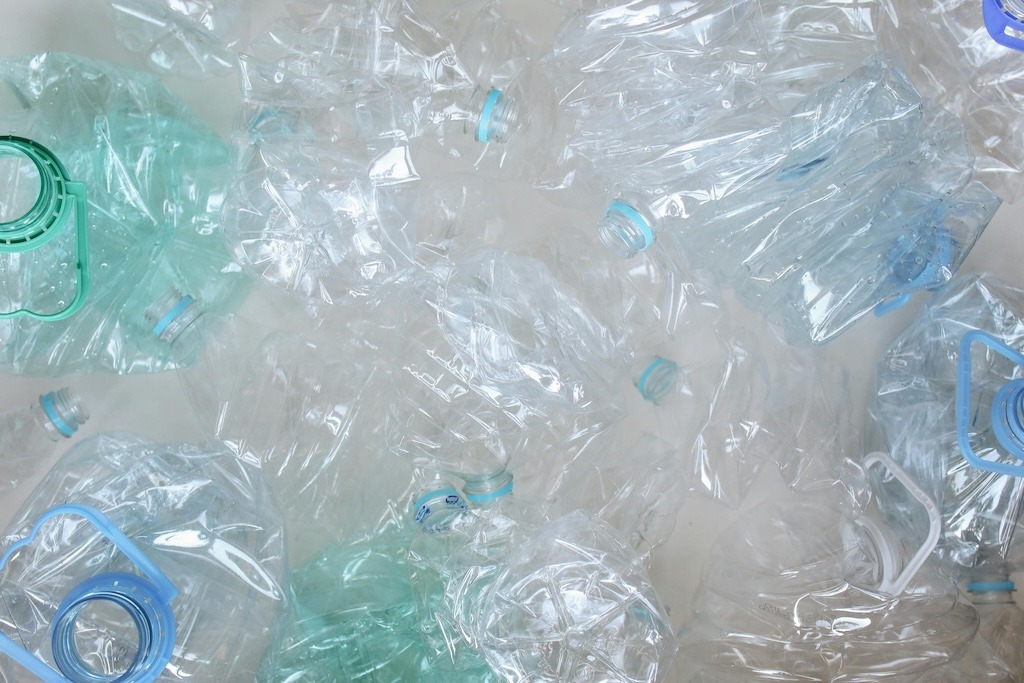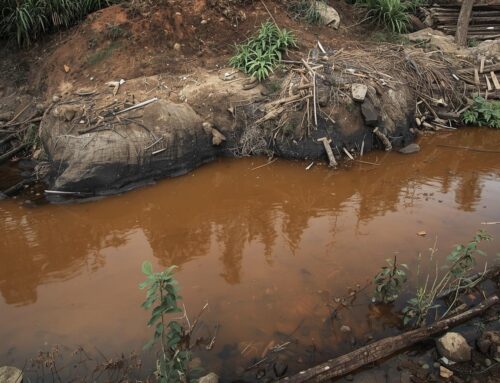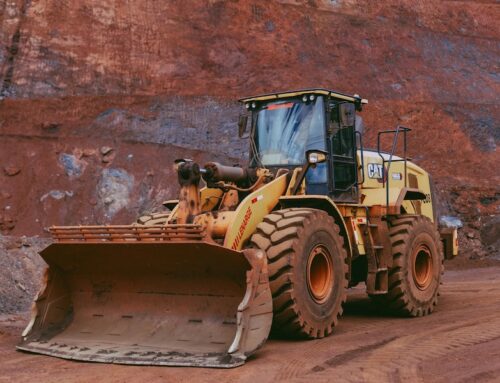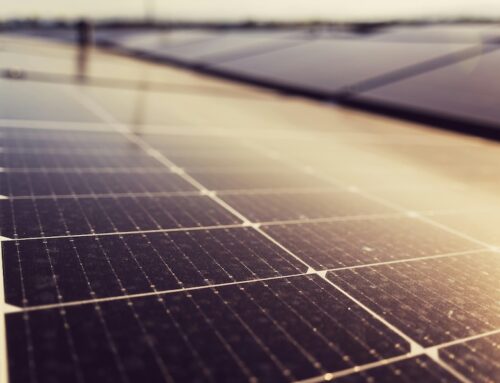Accra is taking bold steps to tackle its plastic waste crisis with an innovative project that promises cleaner streets, new jobs, and a circular economy powered by technology.
The Accra Metropolitan Assembly (AMA) has signed an agreement with Intellivision Technologies Ltd to construct a 100-tonne plastic-to-fuel pyrolysis plant. Once completed, the facility will convert discarded plastics into petrol, diesel, kerosene, and activated carbon, products that can fuel industries and households while cutting pollution.
For Mayor Michael Kpakpo Allotey, this project is about much more than sanitation.
“This plant is about cleaner neighbourhoods, flood prevention, and a circular economy that works for our people,” he said.
The plant is expected to generate 1,500 direct and indirect jobs, from plastic collection and sorting to plant operations. For Accra’s informal waste collectors, often overlooked in the recycling chain, the project will provide a reliable end-market for plastics that are usually rejected, giving dignity and income to their work.
Experts also note the plant’s massive environmental benefits. By diverting thousands of tonnes of plastics from drains and landfills, the initiative will reduce flooding risks and cut down on open burning, a major source of air pollution in the city.
With a daily capacity of 100 tonnes, officials say the project could radically shift Accra’s sanitation outlook and serve as a model for other cities across Ghana and Africa.
As Intellivision CEO Kelvin Boateng put it:
“Nothing should be wasted; everything has value.”
If successful, this plant could become a continental benchmark for how Africa turns its waste challenges into opportunities for sustainability and growth.





Leave A Comment